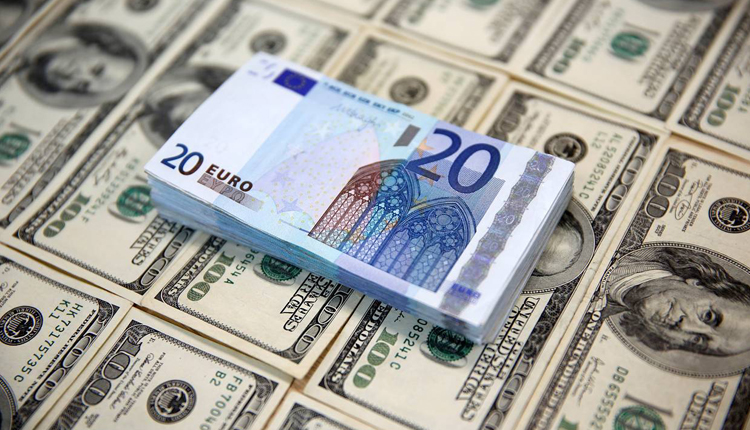The dollar weakened on Thursday against the pound and euro, which rose after Britain’s prime minister won cabinet approval for her draft Brexit plan, but gains were capped by concerns over whether that plan will win parliamentary approval.
Prime Minister Theresa May won the backing of her senior ministers for a European Union divorce deal on Wednesday, pushing the euro and sterling up 0.8 percent and 1.2 percent against the dollar, respectively, from their intraday lows hit on Monday.
The draft divorce deal with the European Union struck on Tuesday would allow the United Kingdom to leave the EU with a deal that avoids a chaotic “hard Brexit” departure. But EU chief negotiator Michel Barnier cautioned that the road to ensuring a smooth UK exit was still long and potentially difficult.
The dollar index, a gauge of the currency’s performance against six major peers, ticked up slightly to 96.87, but remained off a 16-month high hit on Monday.
The recent correction in the dollar index has been due to rallies in the euro and sterling, which together constitute around 70 percent of the weight in the index.
Despite their outperformance over the dollar on Thursday, analysts still see firm support for the safe haven greenback amid broader concerns about Brexit and global trade tensions.
Sterling gained 0.06 percent versus the dollar, changing hands at $1.3002.
“Getting the draft approved by the parliament will be extremely challenging and that’s why we are seeing sterling gains capped at 1.3,” said Ray Attrill, head of currency strategy at National Australia Bank.
He said the dollar’s fundamentals remain strong, backed by a robust U.S. economy and rising wage pressures which will keep the Federal Reserve on track for further rate rises.
“A rate hike in December is fully priced in and the next lift-off in rates will most likely be in March next year, which is likely to support the dollar,” said Attrill.
The euro firmed 0.15 percent to trade at $1.1328.
However, further gains will most likely be muted as traders are unwilling to place bullish bets after Italy re-submitted its draft 2019 budget to the European Commission. It had the same growth and deficit assumptions as a draft rejected for breaking European Union rules, stepping up its showdown with the EU over its fiscal policy.
Against the Japanese yen, the dollar lost 0.13 percent to trade at 113.47. The yen had gained in the previous two sessions versus the dollar. But investors think the dollar still remains the more favoured flight-to-safety currency over the yen and Swiss franc.
Adam Cole, chief currency strategist at RBC, thinks a major factor supporting dollar/yen is the emergence of a ready buyers on dips in the form of domestic investors buying unhedged U.S. bonds and taking hedges off existing holdings.
The Australian dollar gained 0.55 percent to trade at $0.7275 on the back of stronger than expected job data on Thursday.
Source: Reuters
